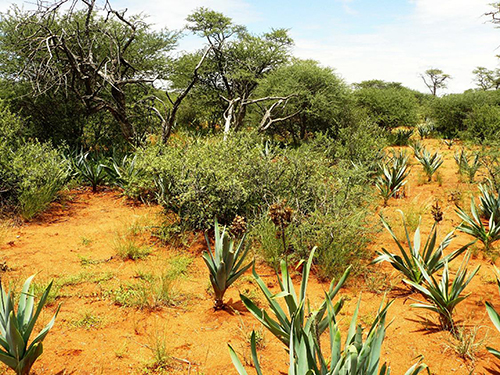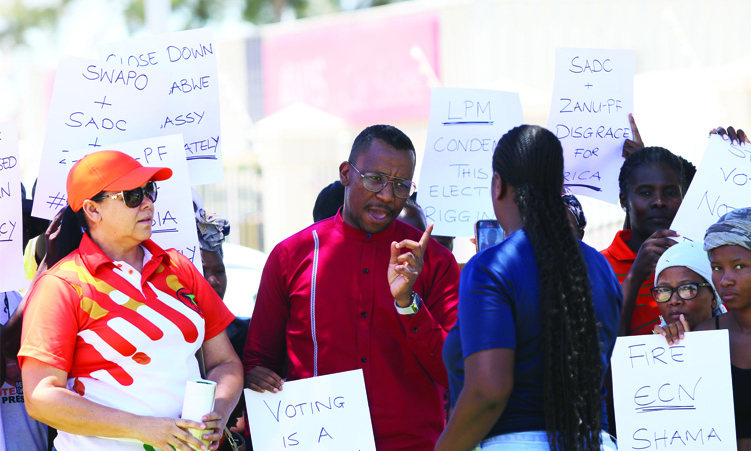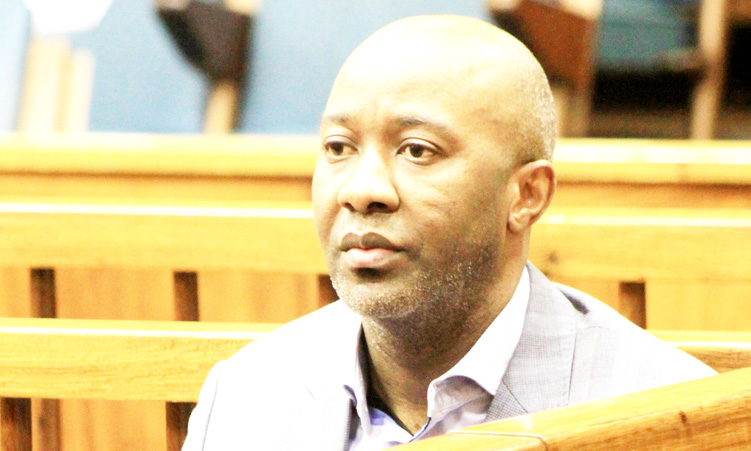IT has been my privilege to be intimately involved with Namibia’s communal farmers for the past 20 years.
Apparently, our government is receptive to technical inputs by indigenous experts, so let me try and explain some of the major constraints hindering our communal farmers to be as productive as expected.
Productive agriculture requires investment of money and knowledge. Communal farmers have received a lot of training and their enthusiastic response is gratifying. Yet, it is also frustrating because so little of the advice given is actually implemented. Why?
In Namibia’s communal areas, all land belongs to the state. If the state does not invest the massive resources needed to maintain the natural resource base of agriculture and forestry, it is also to blame for its degradation. It is better to devolve this enormous responsibility to individual landowners or managers. But these investors require security; a guarantee that they will be allowed to reap the return on their investment. A promising start has been made with the development of small-scale commercial farms, but too much communal land is still exposed to unlimited access by people who may not even normally reside there.
The concept of open access deters investment. For example, what use is it to a communal farmer to buy a genetically superior bull for breeding his cows if all the region’s cows graze together and the bull can mate with the neighbours’ cows as well, without the owner getting any compensation? His prize bull can even pick up a disease or injury while mating with other cows and becomes a liability, a loss. So, few communal farmers in an open access system invest in superior breeding material.
Consequently, genetic progress is virtually non-existent. What use is it for a communal farmer to implement sustainable rangeland management by switching from continuous to rotational grazing? To defer grazing a piece of veld to allow its grasses to recover their vigour? When the next farmer can bring his animals there and have the recovering grasses grazed before the original farmer can benefit from his wise decision.
So, hardly any communal farmer in an open access system invests in sustainable grazing management. The result is there for all to see: communal rangeland is in an abysmal condition, condemning its users to perpetual poverty.
What use is it for a communal farmer to defer cutting down a young kiaat tree until maturity, when it yields so much more valuable timber? Or even to plant new kiaat trees in a communal forest, when the next farmer can simply come along and cut these trees for his own, immediate use. As a result, no communal farmer in an open access system invests in tree planting.
Investment only makes sense if the investor is allowed to get the reward of his/her investment. This is virtually impossible in an open access communal system. As a result, communal farmers invest very little in agricultural production and land productivity. They reap, but they don’t sow.
How can this vicious circle be interrupted? Give the communal farming investor (owner, manager) some certainty that s/he will be able to reap the dividends of investing by allowing him/her to have managerial control over the natural resources.
This doesn’t have to result in individual land ownership, which may be the capitalist ideal, as there are many other models of land tenure that allow the investor to reap his/her return. For example, the medium- and long-term leases given to lodge owners enable these tourism investors to invest many millions of dollars in communal areas, also benefitting local people with employment.
A mere 25-year lease agreement appears sufficient to encourage this investment. Similarly, quotas in the fishing sector and licences in the mining sector secure the investor’s return.
Devise a similar system that gives communal farmers exclusive management control over their natural resources: land, water, grazing, forest. Allow individual communal farmers to reap the financial benefits of investment decisions taken today, in 10-20 years’ time. Foster a long-term mindset that encourages sustainable resource use. If this entails fencing off grazing lands and forests, so be it. Only a farmer secure of his resources will then invest in advanced farming knowledge.
The alternative is resource depletion in communal areas, growing rural poverty and less developed country status. Not the type of house we Namibians should be building!
Stay informed with The Namibian – your source for credible journalism. Get in-depth reporting and opinions for
only N$85 a month. Invest in journalism, invest in democracy –
Subscribe Now!






